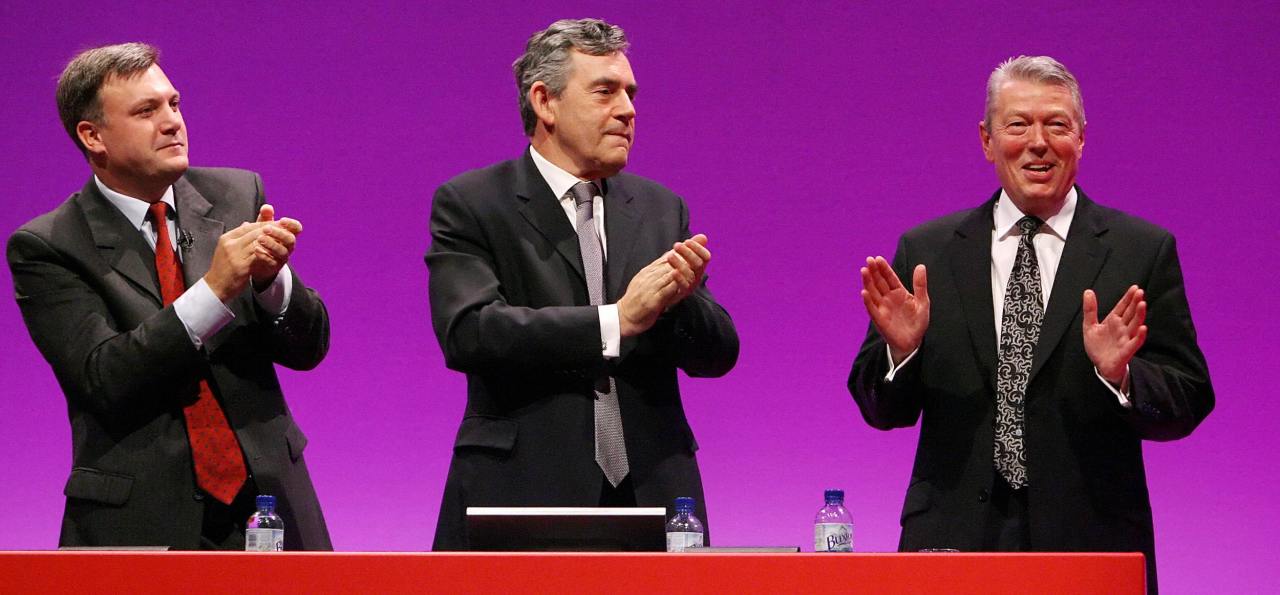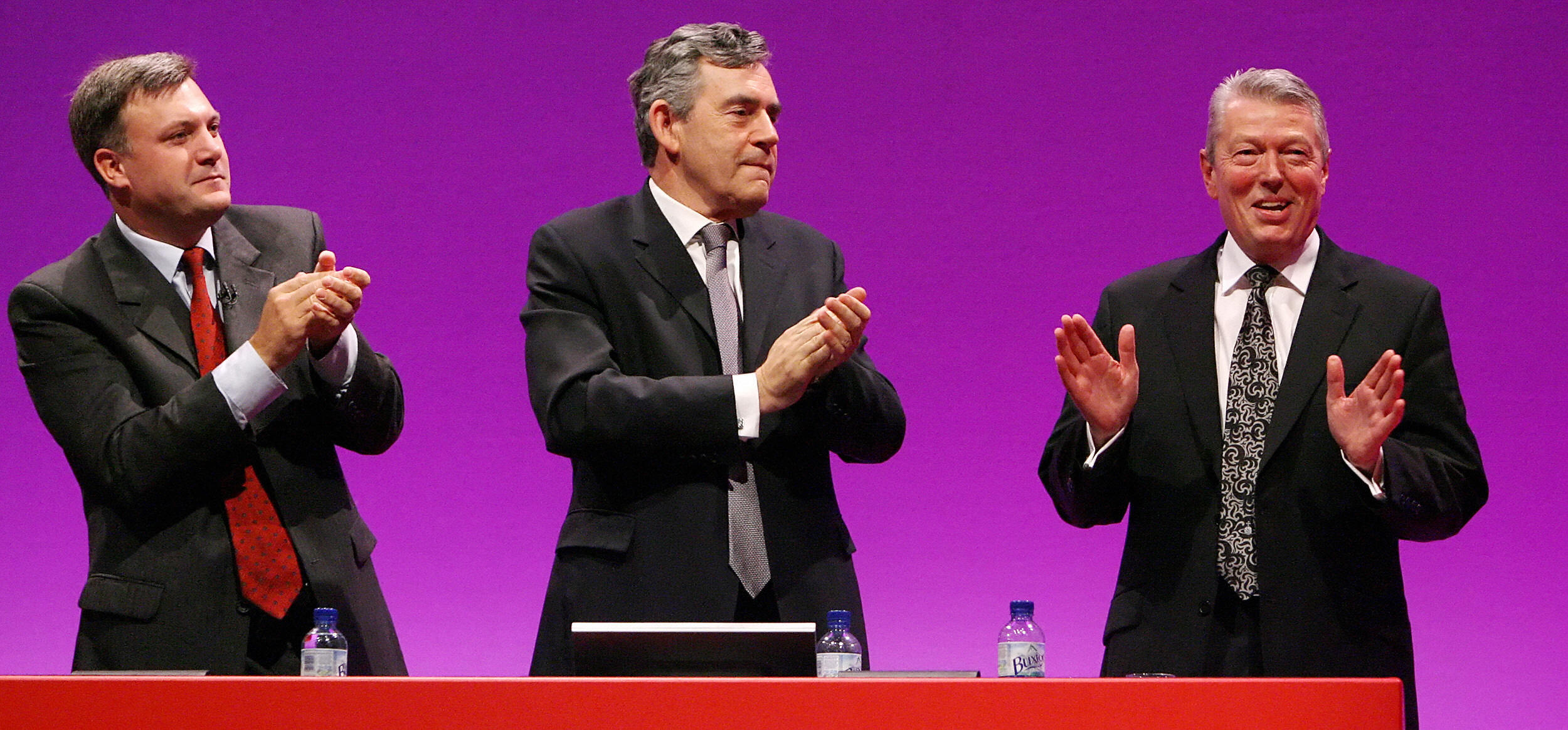 You’ve probably heard about Alan Johnson’s latest slip-up yesterday. But it’s still worth highlighting the response made by a Labour
spokesman – as Dizzy has – because it’s simply extraordinary. Here it is:
You’ve probably heard about Alan Johnson’s latest slip-up yesterday. But it’s still worth highlighting the response made by a Labour
spokesman – as Dizzy has – because it’s simply extraordinary. Here it is:
Extraordinary that Labour should already have to make excuses on behalf of Johnson. But even more extraordinary that they should be made in this manner. The shadow chancellor errs, in quick succession, over when his party would cut the deficit by; their policy on national insurance; whether VAT is levied on food; and, now, the employers’ rate of national insurance – and one of his colleagues describes expectations that he should know his brief as “a Westminster quiz game”? At a time when the economy is the topic du jour, this is a “game” they really might care to learn the rules for.“We have a Shadow Chancellor who lives in the real world. He knows the difference between a progresive and regressive tax. He knows what it takes to get on in the real world. That is more important than taking part in a Westminster quiz game.”
I say this as someone who thought that Ed Miliband made an alright decision in appointing Johnson as shadow chancellor. Not so much for the man himself – although he is a politician of rare charm – but for what it said about Labour’s fiscal policy. Picking Johnson was a way of rejecting what was effectively the No Cuts approach espoused by Ed Balls and Yvette Cooper. It committed Labour, more or less, to the more sensible Darling plan for the reducing the deficit over this Parliament. As symbolic measures go, it was an important one.
But what now? If Johnson carries on as he has started, then it can only fuel the bonfire that is collecting around his feet. And there aren’t too many more “instinctive cutters” to take his place: Liam Byrne, perhaps, or – another act to the family drama – David Miliband. Which makes you wonder whether Miliband would be able to reject Balls and Cooper – both strong performers in the shadow cabinet elections – a second time around. Either might be more coherent, and more sure of themselves, than Johnson. But here’s the rub: they would pull Labour’s fiscal policy, and the overall political debate, into even more questionable territory.







Comments